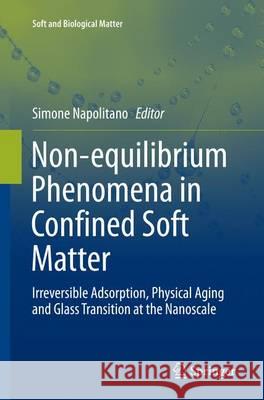Non-Equilibrium Phenomena in Confined Soft Matter: Irreversible Adsorption, Physical Aging and Glass Transition at the Nanoscale » książka
topmenu
Non-Equilibrium Phenomena in Confined Soft Matter: Irreversible Adsorption, Physical Aging and Glass Transition at the Nanoscale
ISBN-13: 9783319372914 / Angielski / Miękka / 2016 / 300 str.
Non-Equilibrium Phenomena in Confined Soft Matter: Irreversible Adsorption, Physical Aging and Glass Transition at the Nanoscale
ISBN-13: 9783319372914 / Angielski / Miękka / 2016 / 300 str.
cena 385,52 zł
(netto: 367,16 VAT: 5%)
Najniższa cena z 30 dni: 382,84 zł
(netto: 367,16 VAT: 5%)
Najniższa cena z 30 dni: 382,84 zł
Termin realizacji zamówienia:
ok. 20 dni roboczych.
ok. 20 dni roboczych.
Darmowa dostawa!
Kategorie BISAC:
Wydawca:
Springer
Seria wydawnicza:
Język:
Angielski
ISBN-13:
9783319372914
Rok wydania:
2016
Wydanie:
Softcover Repri
Ilość stron:
300
Oprawa:
Miękka
Wolumenów:
01











